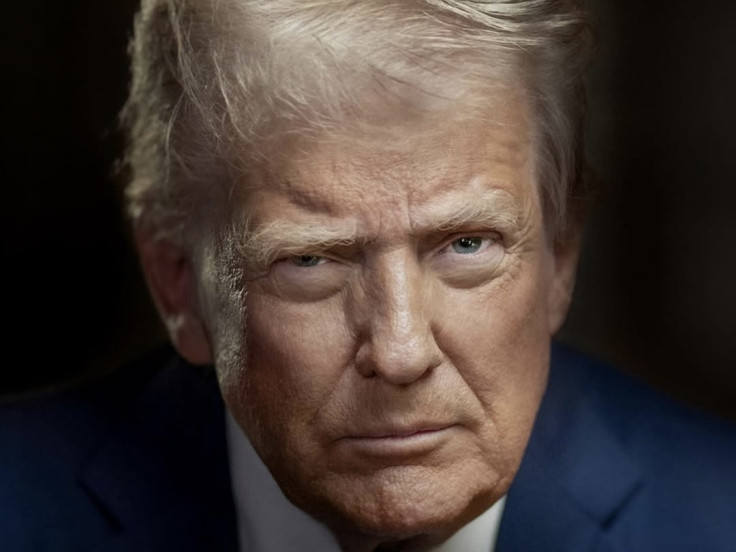Trump Brands Democrats 'Domestic Terrorists' and 'Traitorous Communists', Demands They Be Jailed for Sedition
Lawmakers say Trump is trying to silence them with escalating online attacks

US President Donald Trump has sharply escalated his rhetoric against a group of Democratic lawmakers, branding them 'domestic terrorists' and 'traitorous communists' while demanding they be jailed for alleged sedition. The remarks, made across a series of Truth Social posts over the weekend, were triggered by a video in which the lawmakers reminded service members that they must refuse unlawful orders under United States military law. The clash has intensified political tensions, with lawmakers warning that Trump is using inflammatory language to intimidate them.
Claims That Democrats Are a 'Domestic Terrorist Party'
On Sunday afternoon, Trump shared several screenshots of posts from social media users who criticised the Democratic officials featured in the video.
One screenshot accused the Democratic Party of being a 'Domestic Terrorist party', while another post described the lawmakers as 'traitorous communists'. Trump amplified both messages by reposting them to his Truth Social account, adding to his ongoing narrative that the lawmakers had crossed a legal line.
In late-night posts on Saturday, Trump went further by calling for the lawmakers to be jailed. He accused them of engaging in 'seditious behaviour at the highest level', a phrase he had used earlier in the week, and referenced that such behaviour is 'punishable by death'.
Although Trump later insisted that he was 'not threatening death', he maintained that the lawmakers were in 'serious trouble' for what they had said in the video. These statements have drawn scrutiny due to their severity and timing, especially as the President continues to be a dominant figure ahead of the next election cycle.
Democratic Lawmakers Respond to Trump's Demands
In a written statement published on Thursday, the lawmakers pushed back strongly against Trump's claims. They argued that 'what's most telling is that the President considers it punishable by death for us to restate the law'.
They said their video simply outlined long-standing military obligations requiring personnel to reject unlawful commands and that Trump's characterisation of the message was both inaccurate and threatening.
The group noted that their message was rooted in established military code and that they had not issued any directive related to Trump personally. They emphasised that their warnings were general reminders of service members' legal responsibilities.
Slotkin and Crow Warn of Disturbing Rhetoric in TV Interviews
Senator Elissa Slotkin, who appeared in the original video, addressed the controversy on ABC News on Sunday. She said she believed Trump was 'trying to get us to shut up because he doesn't want to be talking about this'. Her comments underscored concerns that the President's reactions were intended to silence or intimidate critics.
Representative Jason Crow offered a similar assessment during an interview with CBS News. He said Trump's response had been 'very disturbing' and warned that such language risked inflaming tensions. Crow, a former Army Ranger, noted that the military's legal responsibilities were clear and that their video was a straightforward reminder of those obligations.
Context Behind the Video on Illegal Orders
The video at the centre of the clash featured several Democratic lawmakers outlining the legal requirement for US service members to refuse unlawful orders.
We want to speak directly to members of the Military and the Intelligence Community.
— Sen. Elissa Slotkin (@SenatorSlotkin) November 18, 2025
The American people need you to stand up for our laws and our Constitution.
Don't give up the ship. pic.twitter.com/N8lW0EpQ7r
This long-standing rule is part of the Uniform Code of Military Justice and is intended to prevent abuses of power within the chain of command. Trump perceived the message as a direct criticism of him, leading to the rapid escalation in his online statements.
Broader Concerns Raised by Legal and Security Experts
The controversy has prompted renewed discussion about the impact of political rhetoric on democratic processes. Some legal observers have questioned the implications of a President describing political opponents as terrorists.
Others have warned that invoking terms such as 'sedition' and referencing punishments associated with capital offences risks heightening political hostility at a sensitive moment in the national landscape.
© Copyright IBTimes 2025. All rights reserved.





















